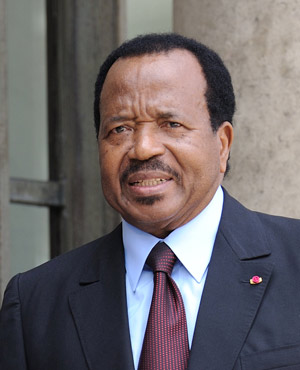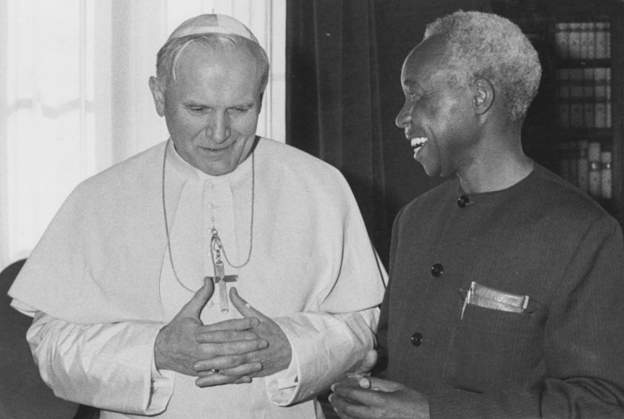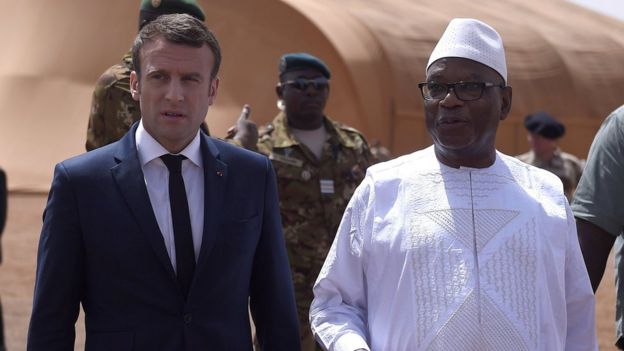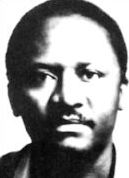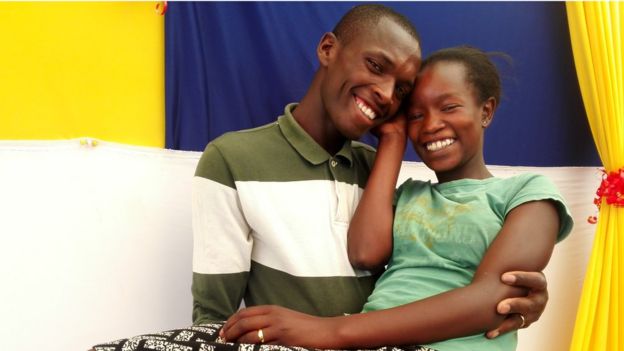The annals of the transatlantic and trans-Saharan slave trades have inscriptions of the cost of a human being, such costs perhaps most often dependent on the health, age, race, and gender of the person. Perhaps such is still the case today in the illicit trade in human beings, especially women, around the world. However, I have hardly encountered the tabulation of the cost of selling a human soul. that animating force in the human being, which marks out the person as a conscious participant in things human and/or divine. While the cost of a human soul may perhaps be found in many places in life today, the place that seems more evident to me is the pay stub or pay slip. There, you will find how much our souls go for, for better or for worse.
As is the case with the illicit sale of the human body, the cost of the human soul also depends on age, race, health, and gender. Education has however come to play an especially significantly role, especially education in science and technology, which are seen as the drivers of the modern global political economy. So, depending on how much education you have and what you are educated in, the going price for selling your soul may be quite steep. As a CEO, for example, you have the chance of screwing the lives of many people, fighting to cut their health insurance and paying them $7.50 an hour. Or you may work at one of the many rapacious governments around the world, convincing people that red is blue and that bad policies are actually good for them. Out of no fault of yours, you may sell your soul to the CEO for $7.50, voting for the government that robs you of dignity just because, well, your reason is not quite clear.
You could be a preacher, saying that the human soul is priceless (remember Master Card?), yet putting yours at the service of white supremacy. You know very well that a black person's soul is worth less than a white person's soul and that the souls of women and LGBT people are worth less than those of straight white men, but you carry on . . . . There are things about the cost of the soul you simply know are right and one of those things is that all souls do not go for the same price. Or you may be an elitist preacher in the global South selling your soul and that of your congregants to the powers that be.
The causes we support in life and what we derive from them should tell us how much our souls are worth and what we think a human soul costs.
